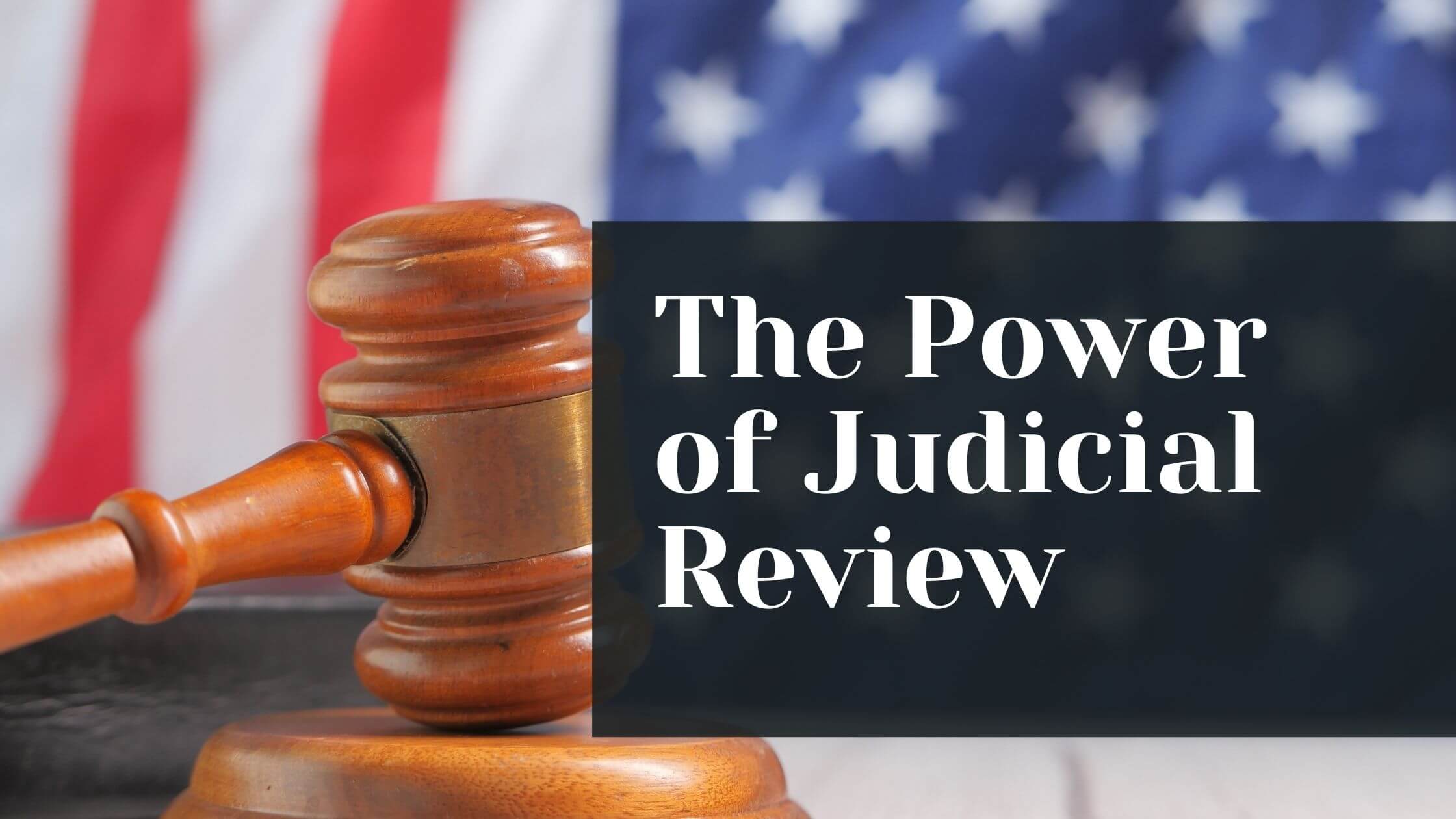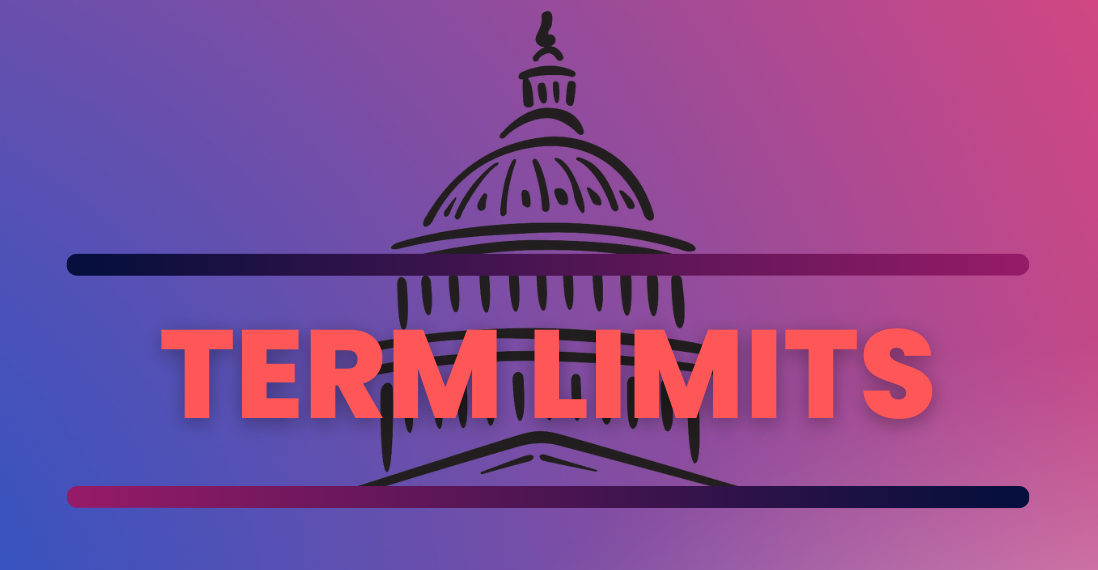From its historic inception to its ongoing relevance, the Constitution remains a cornerstone of American life. In this listicle, we delve into 20 critical aspects of the Constitution that every American should know. These points shed light on its history, structure, and the pivotal role it plays in everyday life, ensuring an informed citizenry and a vibrant democracy.
| The Preamble: Setting the Stage for Democracy |
 |
| The Preamble is more than an introduction; it's a mission statement for the United States. It outlines the Constitution's purpose - to establish justice, ensure domestic tranquility, provide for the common defense, promote the general welfare, and secure the blessings of liberty. These powerful words set the tone for the entire document and continue to inspire and guide the nation. |
WATCH: DOOCY AND KJP ARE HAVING A LITTLE FUN FOR A CHANGE![]()
| The Seven Articles: The Blueprint of Governance |
 |
| The Constitution comprises seven articles that lay the foundation of the federal government. Each article covers specific aspects: the legislative branch (Article I), the executive branch (Article II), the judicial branch (Article III), states' powers and limits (Article IV), the process of amending the Constitution (Article V), federal powers and debts (Article VI), and the ratification process (Article VII). This structure ensures a balance of power and a robust federal system. |
WATCH: AOC AND MTG FIGHTING IN CONGRESS![]()
| The Bill of Rights: Protecting Individual Liberties |
 |
| The first ten amendments, known as the Bill of Rights, were ratified in 1791. They guarantee fundamental liberties like freedom of speech, religion, and the press, the right to bear arms, and protection against unreasonable searches and seizures. These rights form the bedrock of individual freedom in America. |
CAUGHT ON CAMERA: THE DIDDY ASSAULT FOOTAGE THAT'S TOO OLD FOR JUSTICE? (WATCH)![]()
| Checks and Balances: Preventing Tyranny |
 |
| A key feature of the Constitution is the system of checks and balances among the three branches of government. This design prevents any one branch from becoming too powerful, ensuring that legislative, executive, and judicial powers are kept in equilibrium. |
HELICOPTER CRASH CLAIMS LIVES OF IRANIAN PRESIDENT: WHAT DOES THIS MEANS FOR GLOBAL POLITICS?![]()
| Federalism: Sharing Power Between State and Federal Governments |
 |
| Federalism is a unique element of the Constitution, allowing for a balance of power between the national government and the states. This system enables states to have their laws and governance, as long as they don't conflict with federal law, creating a dynamic interplay between different levels of government. |
HEY, WISEGUYS! AMC’S TRIGGER WARNING FOR ‘GOODFELLAS’ SPARKS OUTRAGE![]()
| The Elastic Clause: Allowing Flexibility |
 |
| Article I, Section 8, Clause 18, often called the Elastic Clause, grants Congress the power to pass all laws necessary and proper for carrying out its duties. This clause provides flexibility for the government to adapt to changing needs and circumstances, ensuring the Constitution's relevance over time. |
UTTER CHAOS: BOEING WHISTLEBLOWER'S SUICIDE NOTE REVEALS DECADES OF IGNORED WARNINGS![]()
| The Supremacy Clause: Federal Law Reigns Supreme |
 |
| Article VI of the Constitution establishes that federal law is the "supreme Law of the Land," meaning that when state and federal laws conflict, federal law prevails. This clause solidifies the federal government's authority and ensures a unified legal system. |
NEXT LEVEL DAZED AND CONFUSED: BIDEN APPEARS UTTERLY LOST AS HE CLAPS FOR CEASEFIRE![]()
| The Process of Amendment: Evolving with Time |
 |
| The Constitution can be amended, allowing it to evolve and adapt. The process requires substantial agreement: a two-thirds majority in both the House and the Senate, and ratification by three-fourths of the states. This rigorous process ensures that changes reflect broad consensus. |
FROM GOLF GREENS TO SIN CITY: DC MAYOR'S SPENDING SPREE CONTINUES ON YOUR DIME![]()
| The Right to Vote: Expanding Democracy |
 |
| Originally, voting rights were limited, but subsequent amendments have broadened this right. The 15th, 19th, 24th, and 26th Amendments eliminated restrictions based on race, gender, and age, progressively expanding democracy to more Americans. |
THOUSANDS OF CHRISTIANS SIGN PETITION DENOUNCING HARRISON BUTKER'S CONTROVERSIAL COMMENTS![]()
| Separation of Powers: Safeguarding Liberty |
 |
| The Constitution establishes a separation of powers among the legislative, executive, and judicial branches. This separation ensures that no single entity holds all governing power, a fundamental safeguard against tyranny. |
DRAMATIC RESCUE: ARIZONA BABY SURVIVES HOSTAGE SITUATION WITH GUN-TOTING FATHER![]()
| The Commerce Clause: Regulating Trade |
 |
| Article I, Section 8, Clause 3, known as the Commerce Clause, grants Congress the power to regulate commerce with foreign nations, among the states, and with Native American tribes. This clause has been pivotal in shaping federal regulatory power and economic policy. |
| Judicial Review: The Power of Interpretation |
 |
| Established by the Supreme Court case Marbury v. Madison, judicial review allows the Supreme Court to interpret the Constitution and invalidate state or federal laws that conflict with it. This power is crucial for maintaining the Constitution's supremacy and integrity. |
UNSPEAKABLE TRAGEDY STRIKES AGAIN AT GEORGIA UNIVERSITY: WHAT WE KNOW ABOUT THE FATAL SHOOTING![]()
| The 13th, 14th, and 15th Amendments: Civil Rights Milestones |
 |
| Post-Civil War amendments, namely the 13th (abolishing slavery), 14th (granting citizenship and equal protection under the law), and 15th (prohibiting voting discrimination based on race), were monumental in advancing civil rights and equality. |
FETTERMAN WEIGHS IN ON MEMENDEZ'S 'BLAME YOUR WIFE' STRATEGY![]()
| Presidential Terms and Succession: Article II Insights |
 |
| The Constitution outlines the structure of the executive branch, including the election, powers, and responsibilities of the President and Vice President. It also addresses presidential succession and terms, ensuring continuity of leadership. |
THE FEUD CONTINUES AS LONDON MAYOR HURLS NASTY INSULTS AT TRUMP![]()
| The Treaty and Appointments Powers of the President |
 |
| The President, as outlined in Article II, has the power to make treaties (with the Senate's consent) and appoint federal officers, ambassadors, and judges. These powers are significant in shaping foreign policy and the federal judiciary. |
WATCH: SNL'S LATEST SKETCH TAKES ON THE UNEXPECTED DANGER OF BEING FAMOUS IN NYC![]()
| The Impeachment Process: Checks on Leaders |
 |
| The Constitution provides a process for impeaching and removing the President, Vice President, and other federal officials for "Treason, Bribery, or other high Crimes and Misdemeanors." This process is a critical check on the power of government officials. |
CRYPTO CHAOS: BIDEN'S LATEST BLUNDER SPLITS DEMOCRATS WIDE OPEN![]()
| The Establishment and Free Exercise Clauses: Protecting Religious Freedom |
 |
| The First Amendment's Establishment Clause prohibits the government from establishing a religion, and the Free Exercise Clause ensures individuals' right to practice their religion. These clauses are fundamental to religious freedom and diversity in America. |
WATCH: LEAVE IT TO BILL MAHER TO BE BLATANTLY HONEST![]()
| The Right to a Fair Trial: Legal Protections |
 |
| The Constitution guarantees the right to a fair trial, including the right to a speedy and public trial, an impartial jury, and the right to counsel. These protections are central to the American justice system. |
FORMER CDC DIRECTOR BLOWS THE WHISTLE: WERE VACCINE RISKS BURIED BY HEALTH AUTHORITIES?![]()
| The 22nd Amendment: Presidential Term Limits |
 |
| Ratified in 1951, the 22nd Amendment limits the President to two terms in office. This amendment was a response to Franklin D. Roosevelt's four-term presidency and aims to prevent the concentration of power. |
FLORIDA DIVER SEARCH TAKES A DARK TURN WHEN UNRELATED BODY IS FOUND![]()
| The Role of the Constitution in Daily Life |
 |
| The Constitution is not just a historical document; it impacts daily life in America. From voting rights to free speech, it shapes the legal framework within which Americans live, work, and interact with their government. |
HRRMMMM...MARJORIE TAYLOR GREENE'S BOYFRIEND MAKES SUDDEN MEGA ANNOUNCEMENT![]()
The United States Constitution is a living document, deeply ingrained in the fabric of American society. From the Preamble to the 27th Amendment, each aspect plays a vital role in defining the nation's governance, rights, and freedoms. Understanding these 20 key elements is crucial for every American, as they are not only a part of the nation's history but also its present and future. By appreciating the Constitution's significance, we can ensure its principles continue to guide and protect us.








 Discover alternative ideas that will make you think
Discover alternative ideas that will make you think Engage in mind bending debate
Engage in mind bending debate Earn points, rise in rank, have fun
Earn points, rise in rank, have fun


